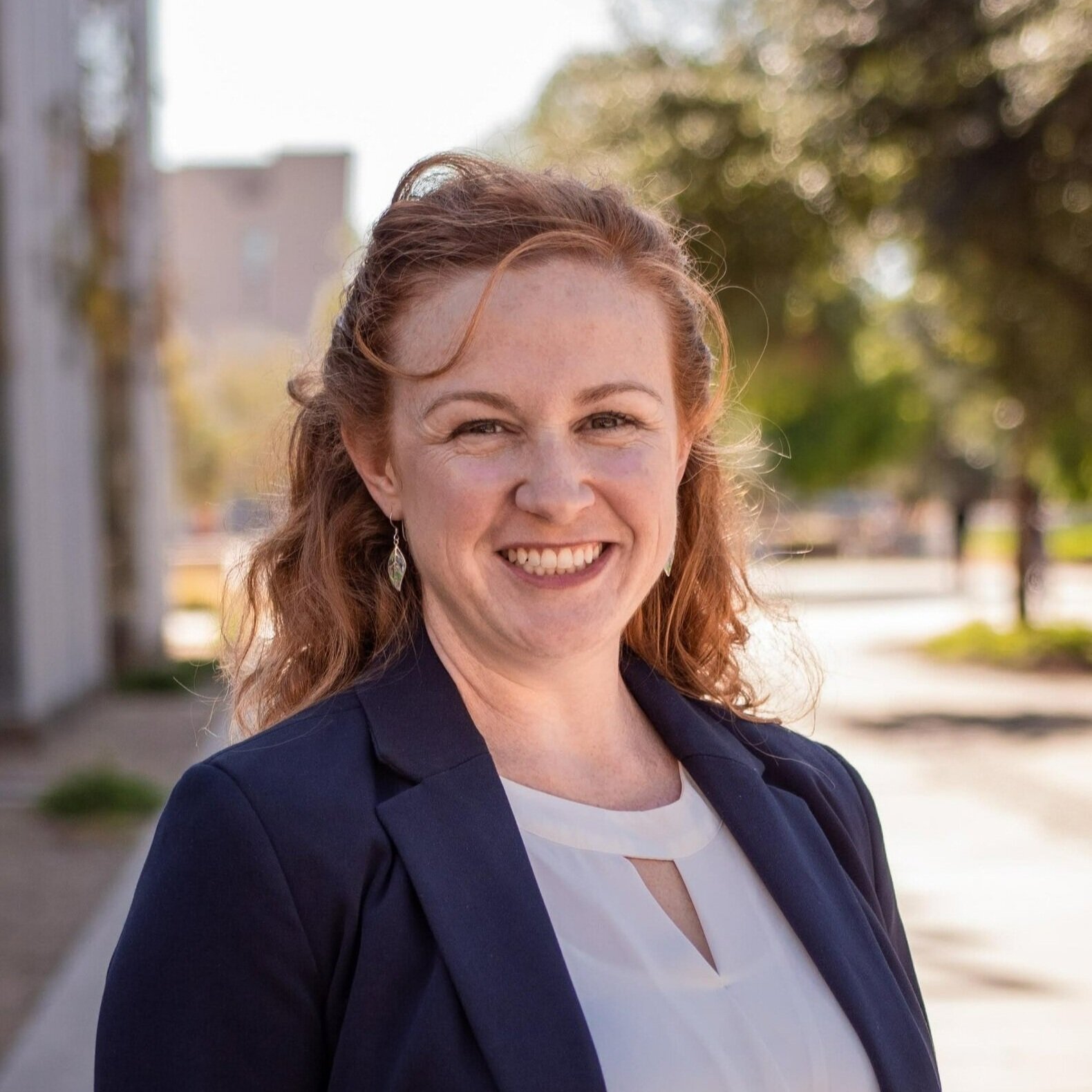COLLABORATORS
Carlos Valiente, Ph.D.
Collaborator
Dr. Valiente is a co-investigator for the Arizona Twin Project. He is a developmental scientist and Professor in the T. Denny Sanford School of Social and Family Dynamics at Arizona State University. Dr. Valiente received his Ph.D. in Family Science from Arizona State University.
Dr. Valiente studies children’s emotional, social, and academic functioning. He is especially interested in understanding when and why emotion and self-regulation are related to success in the academic domain. He also studies how parents, peers, and the social environment shape children’s self-regulation, social, and academic functioning. Dr. Valiente has also been involved in intervention research designed to promote students’ readiness for, and success in, early elementary school.
Samantha Miadich, Ph.D.
COLLABORATOR
Dr. Miadich was previously a Postdoctoral Research Associate working on the Arizona Twin Project for three years and now is an Assistant Professor at the University of Massachusetts Lowell and collaborates with the team. Her program of research focuses on pediatric health psychology, specifically, examining prevalent chronic conditions (e.g., asthma, sleep problems, recurrent pain) from risk and resilience frameworks to delineate targets of intervention to improve child and adolescent outcomes. She incorporates novel methodologies, objective assessment, and advanced statistical modeling in her work to explicate processes that inhibit or promote health among children.
Reagan Breitenstein, Ph.D.
Collaborator
Dr. Breitenstein is currently an Assistant Professor of Psychology at Appalachian State University. Using psychobiological methods, objective sleep data, biological weight measurements, and twin designs, Dr. Breitenstein’s research concentrates on understanding genetic, environmental, and psychosocial factors that contribute to poor sleep, as well as associations between poor and inadequate sleep and various developmental outcomes across childhood and adolescence (e.g., weight indicators, stress physiology, academic achievement). Currently, she is also exploring how individual differences in cultural values and child temperament contribute to links between poor sleep, health, and academic outcomes in childhood and adolescence.
Jodi Swanson, Ph.D.
Collaborator
Dr. Swanson is an associate teaching professor in the School of Social and Family Dynamics at Arizona State University and has collaborated with the Arizona Twin Project for a number of years. She teaches courses on development-in-context across childhood and adolescence, family processes, and social science methodologies. Her research centers on self-regulation competence, especially at preschool and early elementary school, when many of the neural pathways in the brain begin to fire rapidly in the growth of these critically important skills, including focusing attention, managing emotions, inhibiting distraction, planning, persistence, and so on—and how parents and teachers can foster these.
Veronica Oro, Ph.D.
Collaborator
Dr. Oro was previously a graduate student working on the Arizona Twin Project. Broadly, Dr. Oro’s research examines genetic and environmental mechanisms underlying parent-offspring transmission of physical and mental health. Using the data of twin offspring and their parents, she attempts to determine the level of specificity at which symptomology clusters within families and whether environmental factors explain familial aggregation above and beyond the influence of shared genetics. Dr. Oro is particularly interested in the role sociocultural factors play in the etiology and manifestation of symptomology. Considering high rates of comorbidity across physical and mental health conditions, her research also elucidates shared genetic and environmental etiology across the two domains.
Gianna Rea-Sandin, Ph.D.
Collaborator
Dr. Rea-Sandin, formerly a graduate student in Developmental Psychology at Arizona State University, joined the Arizona Twin Project in 2016. Her research focuses on understanding the genetic and environmental factors that influence children's self-regulation and academic competence. Additionally, she is passionate about incorporating cultural perspectives into behavior genetics. Dr. Rea-Sandin is currently an Assistant Professor in the Division of General Pediatrics and Adolescent Health at the University of Minnesota.
Emma Lecarie, Ph.D.
Collaborator
Dr. Lecarie was previously a graduate student with the Arizona Twin Project. Dr. Lecarie is currently a Psychology Postdoctoral Fellow at Children's Hospital Colorado. Her research is focused on health processes, such as stress and sleep, in relation to mental health outcomes during the developmental periods of childhood and adolescence. She is particularly interested in the manifestation of internalizing symptoms across the pubertal transition, and understanding the role of genetic and environmental factors, including the effects of family dynamics and life stress, on pubertal development and subsequent symptomatology.
Valeria Gutierrez
collaborator
Valeria was previously an undergraduate research assistant and staff member with the Arizona Twin Project. Currently, Valeria is a Ph.D. student in the Human Development graduate group at UC Davis. Her research explores how cultural influences and ecological environments affect family dynamics and youth development and outcomes.








